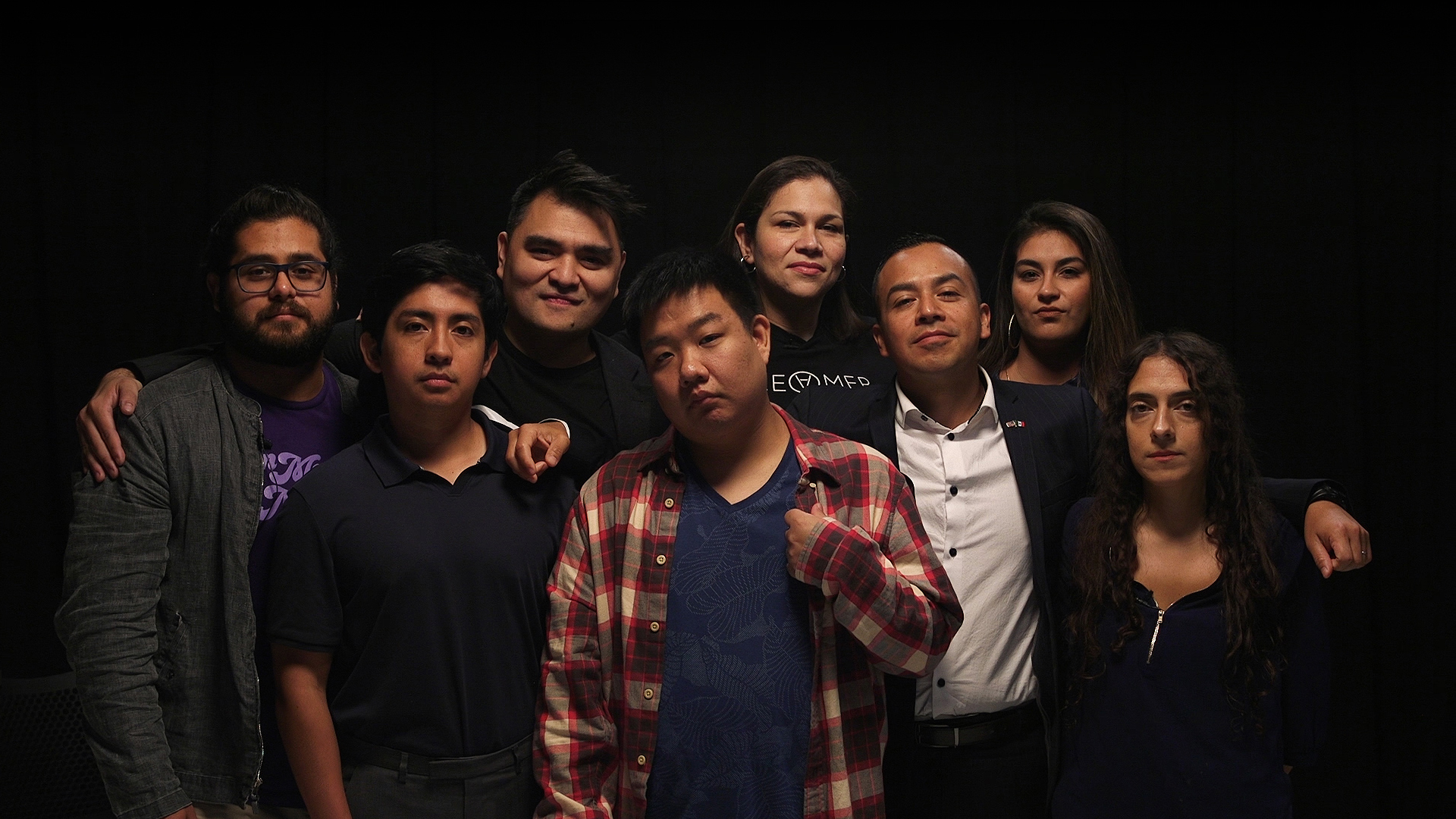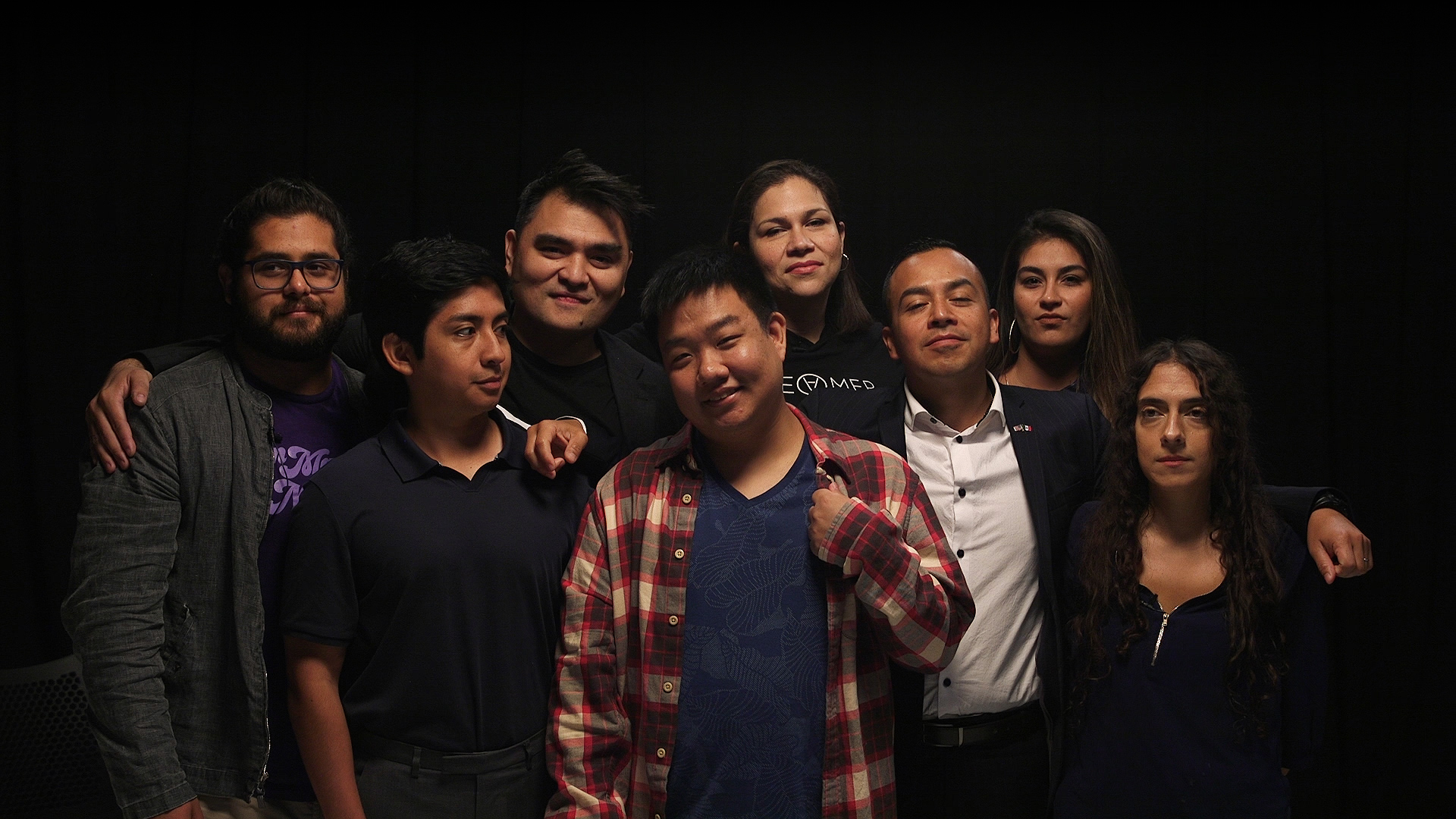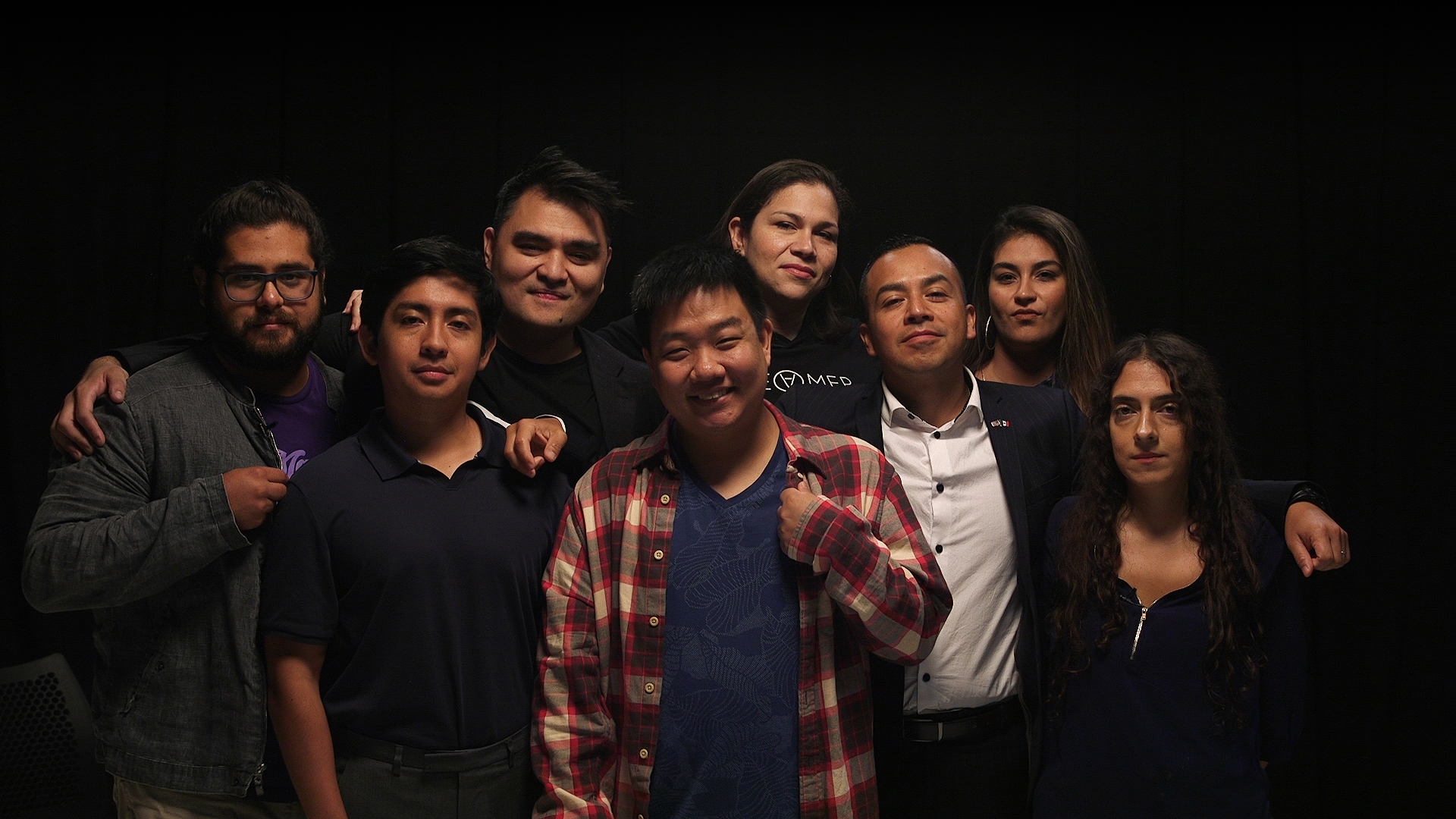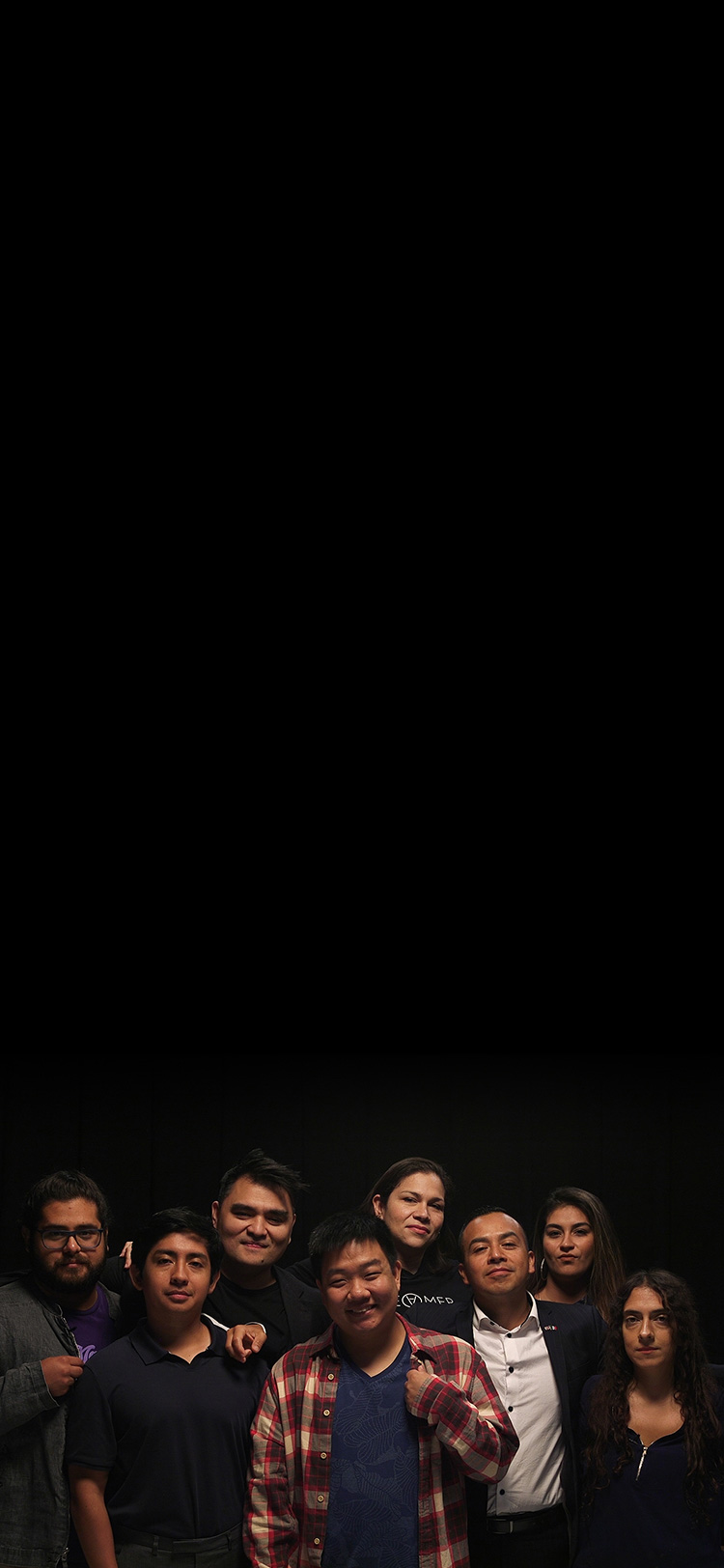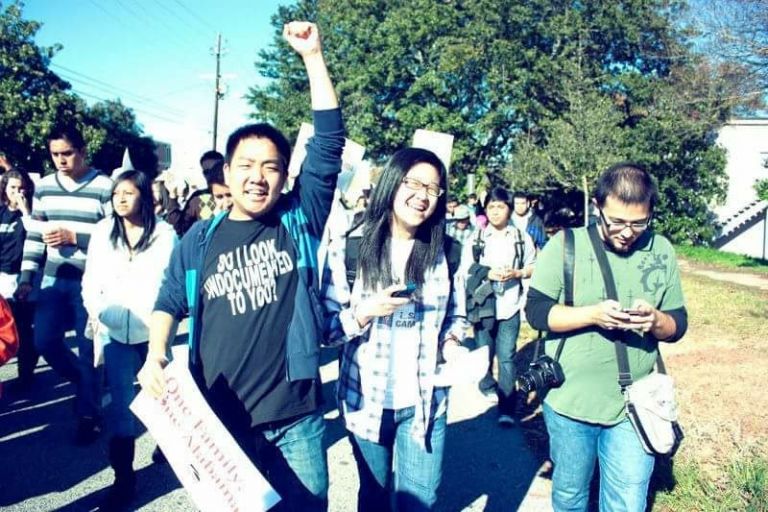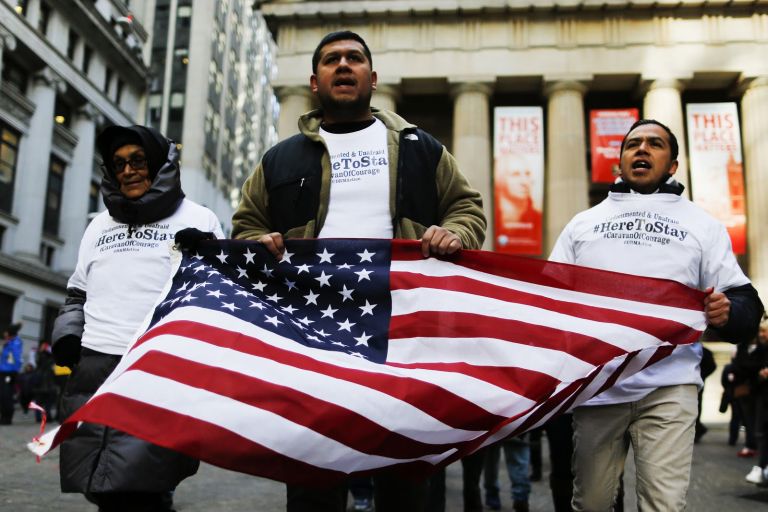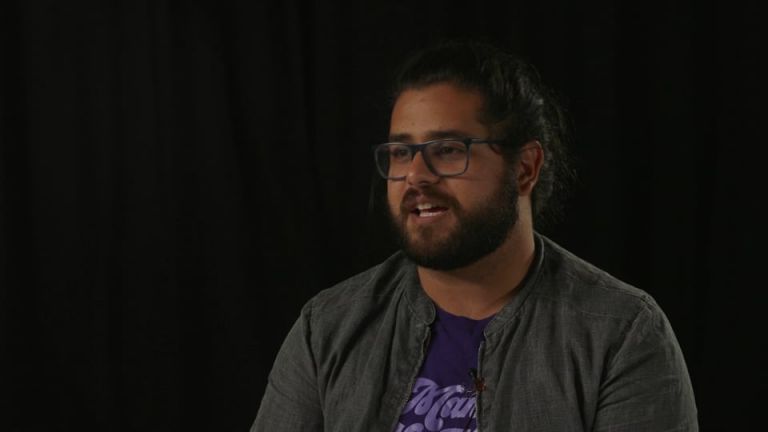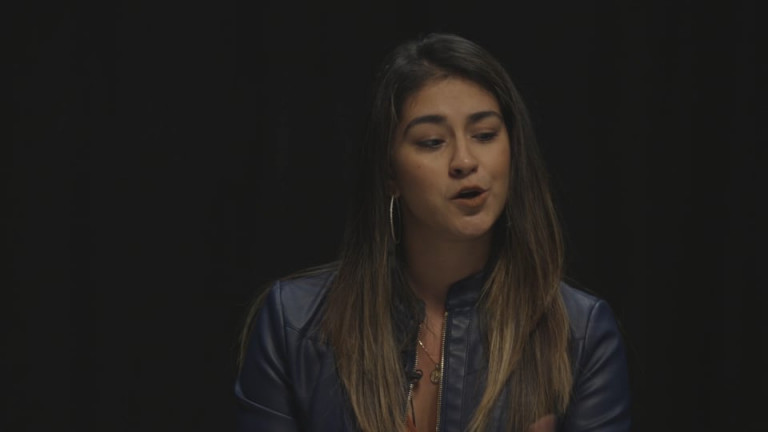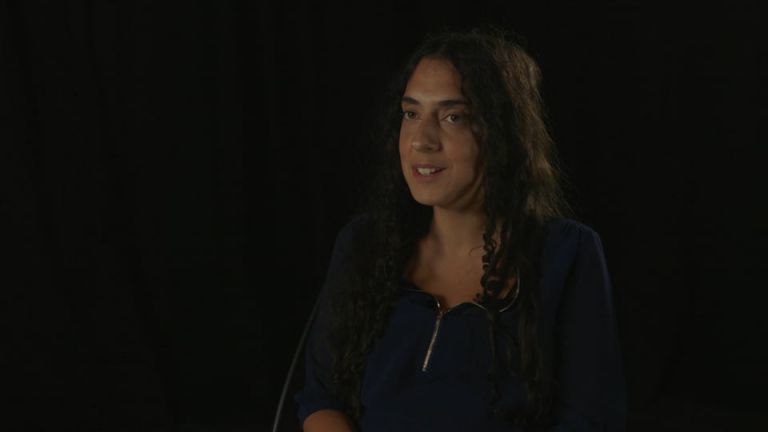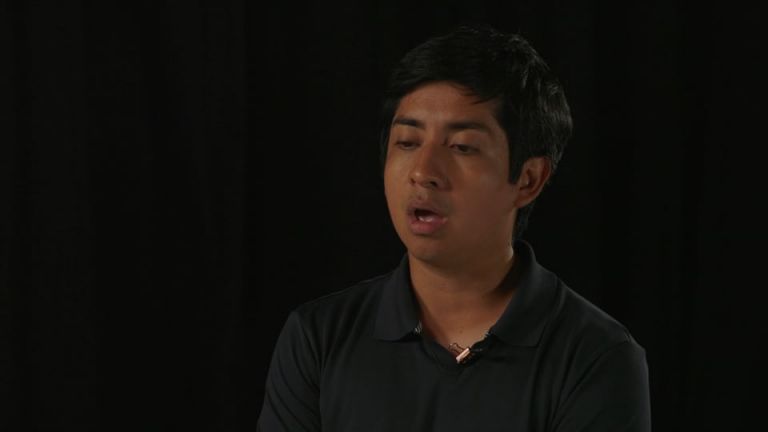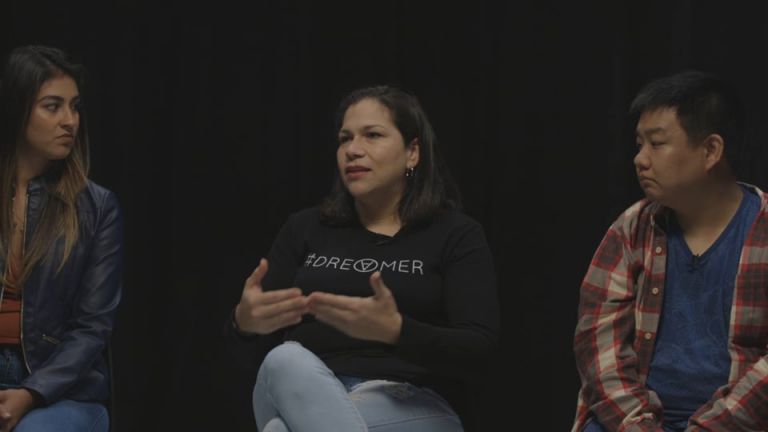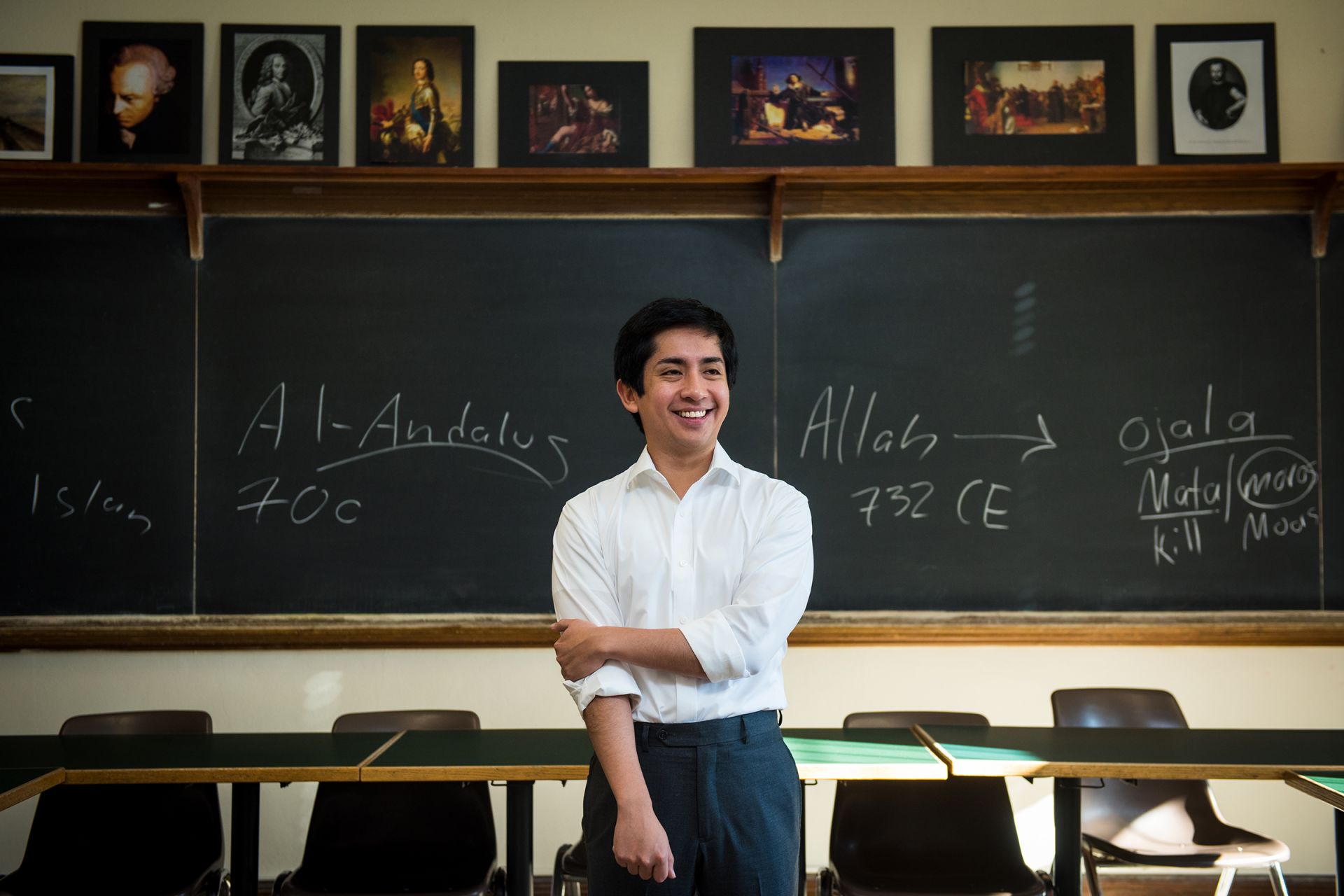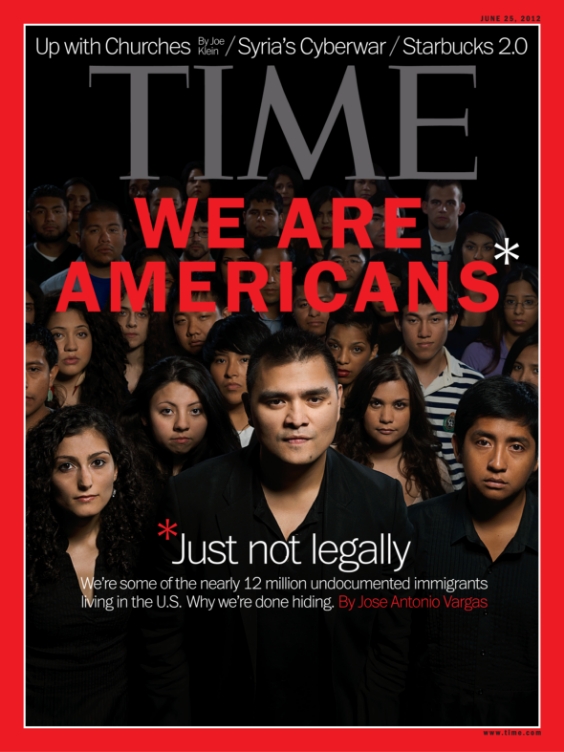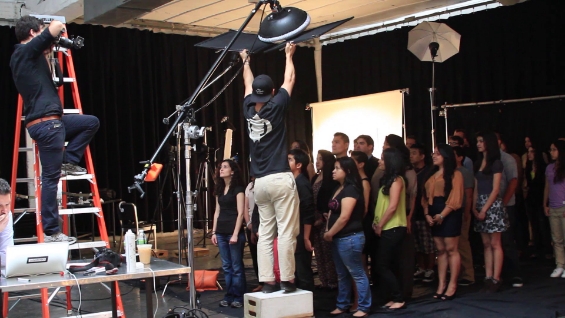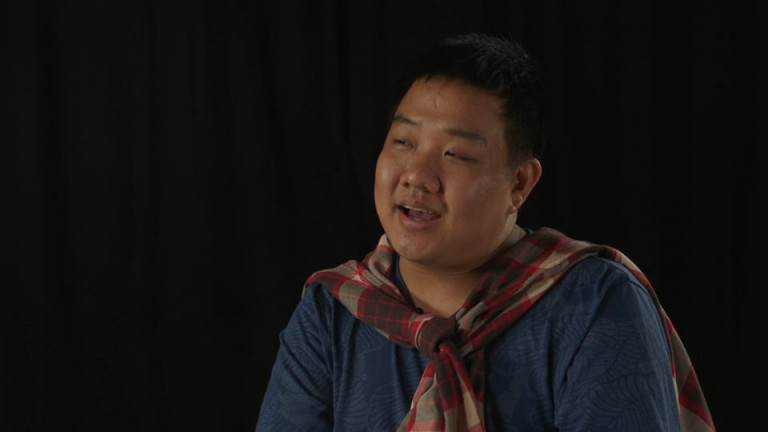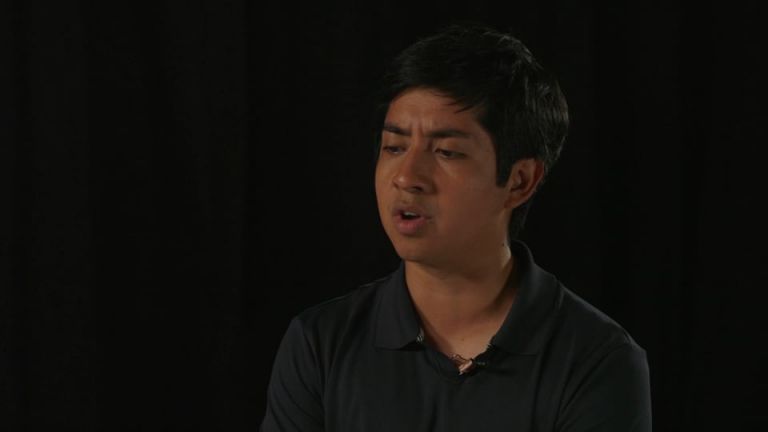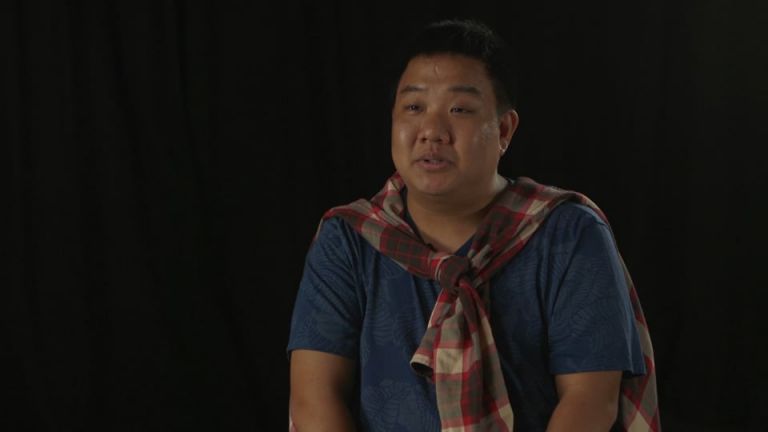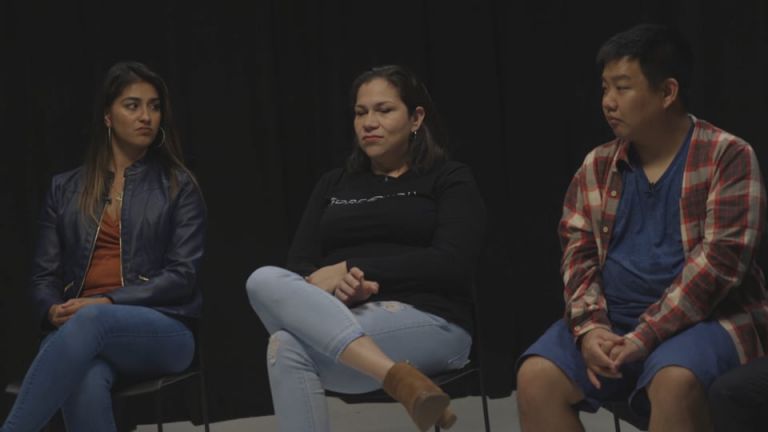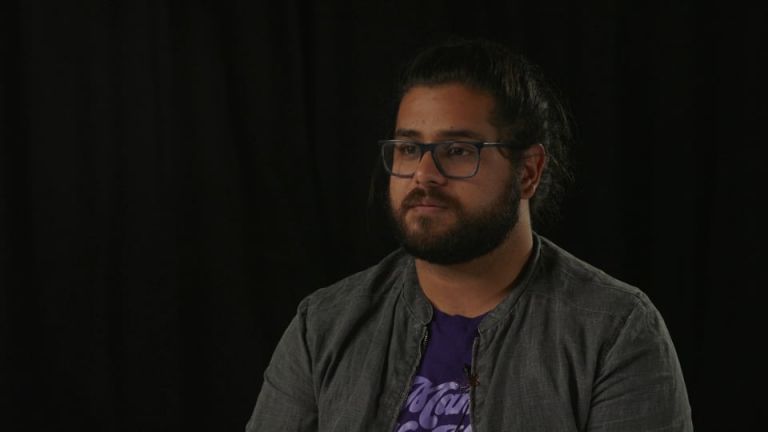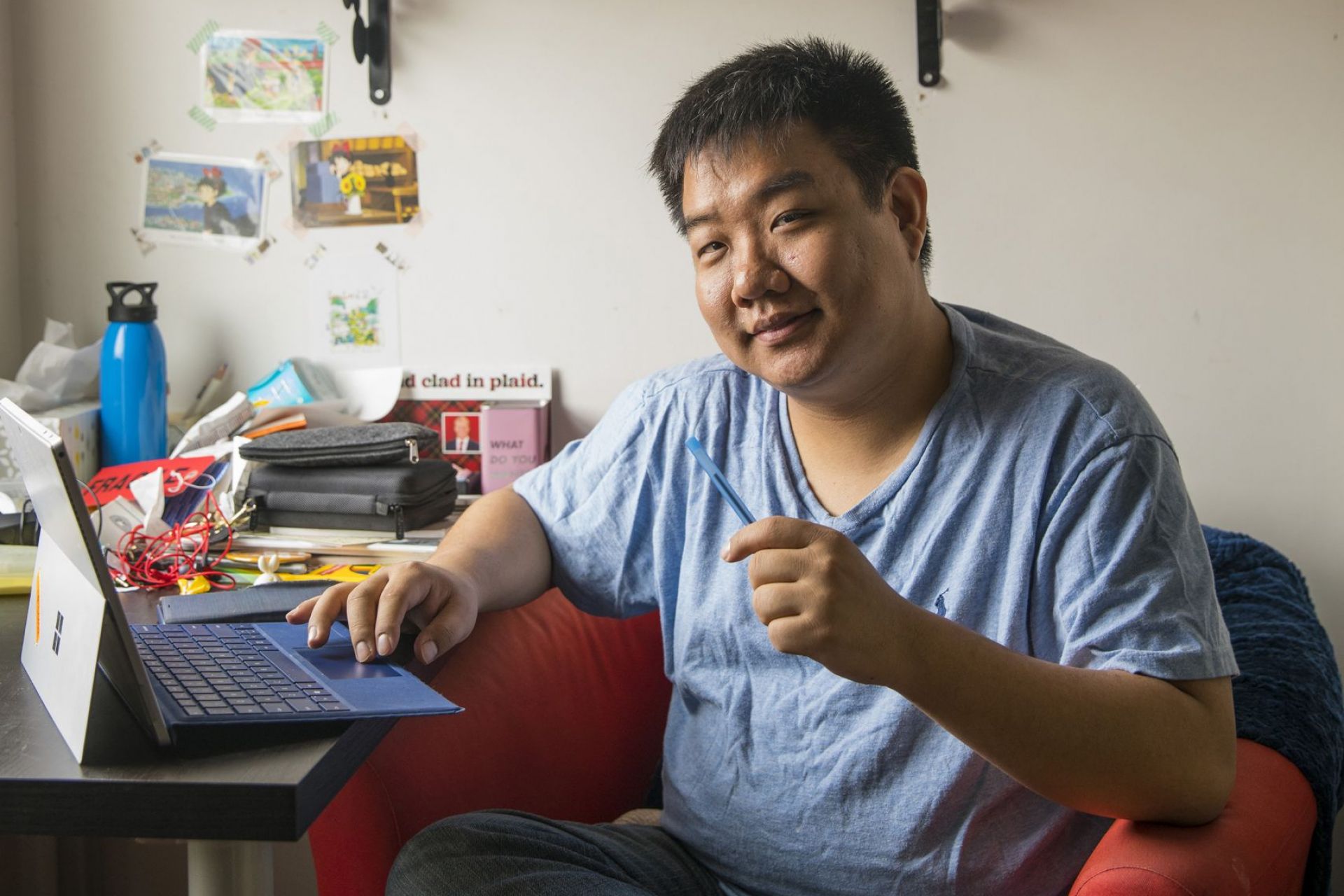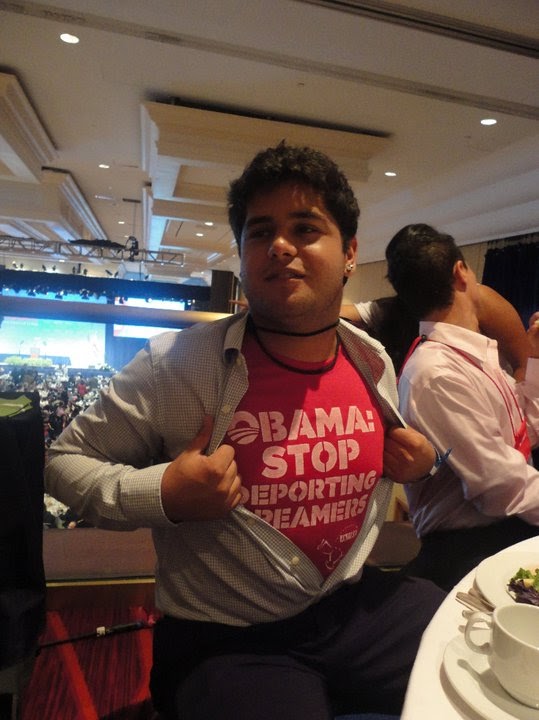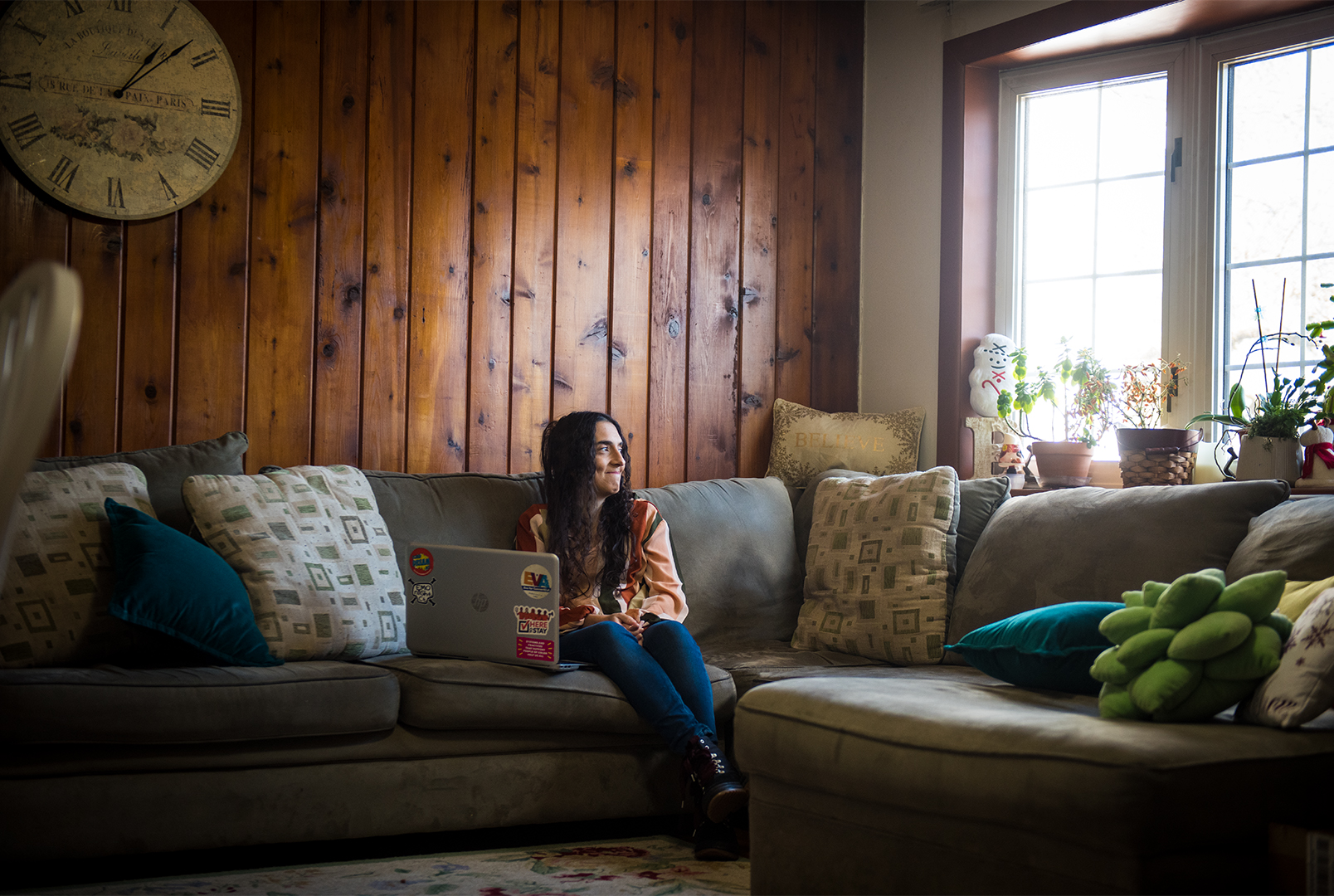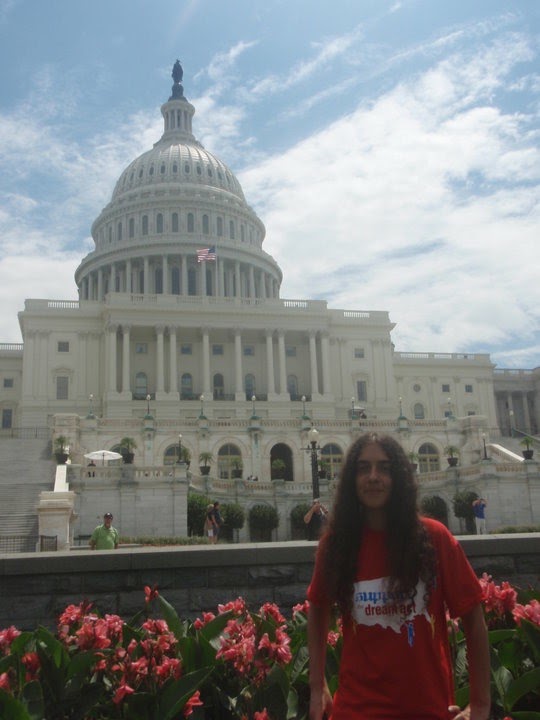Stories:
How does it feel to share your story?
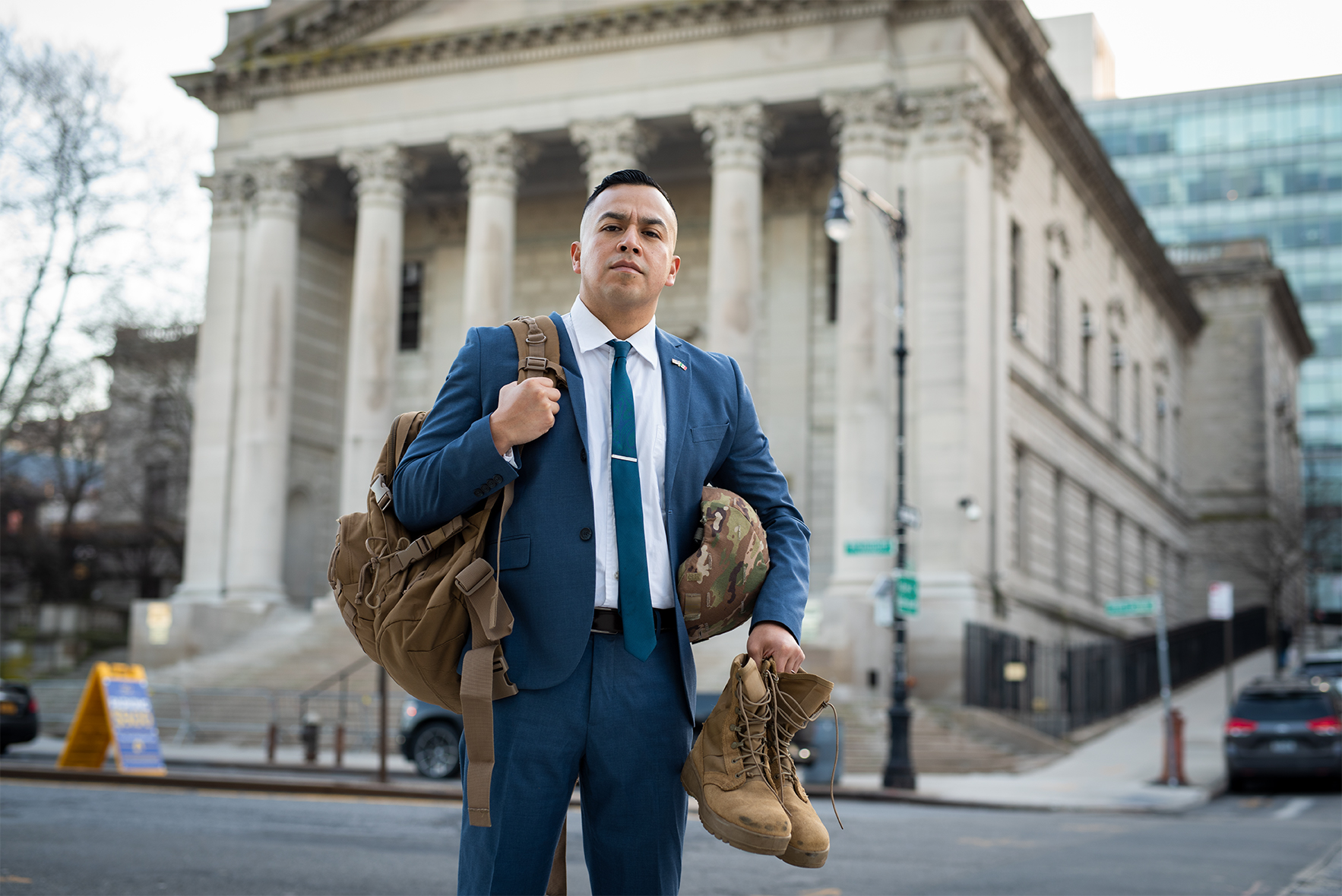
“Telling my story, letting people know this is who I am: I’m undocumented. I’m from New York. I’m a law student and I want to serve my country in uniform. For me, it definitely was a liberation moment. It was a moment of power.”
They arrived in the U.S. as children, many with parents seeking the American Dream, and grew up as average American kids. These seven are part of a group commonly called “DREAMers,” in reference to a 2010 bill on their behalf that failed to pass Congress called the Dream Act. For the DREAMers, though, they discovered that by the time they reached adulthood – with no valid visas, green cards, or ways of applying for citizenship – they were outcasts in their own homes.
No access to state or federal scholarships for college. No driver’s licenses for most. No authorizations to work. No access to health insurance or affordable healthcare.
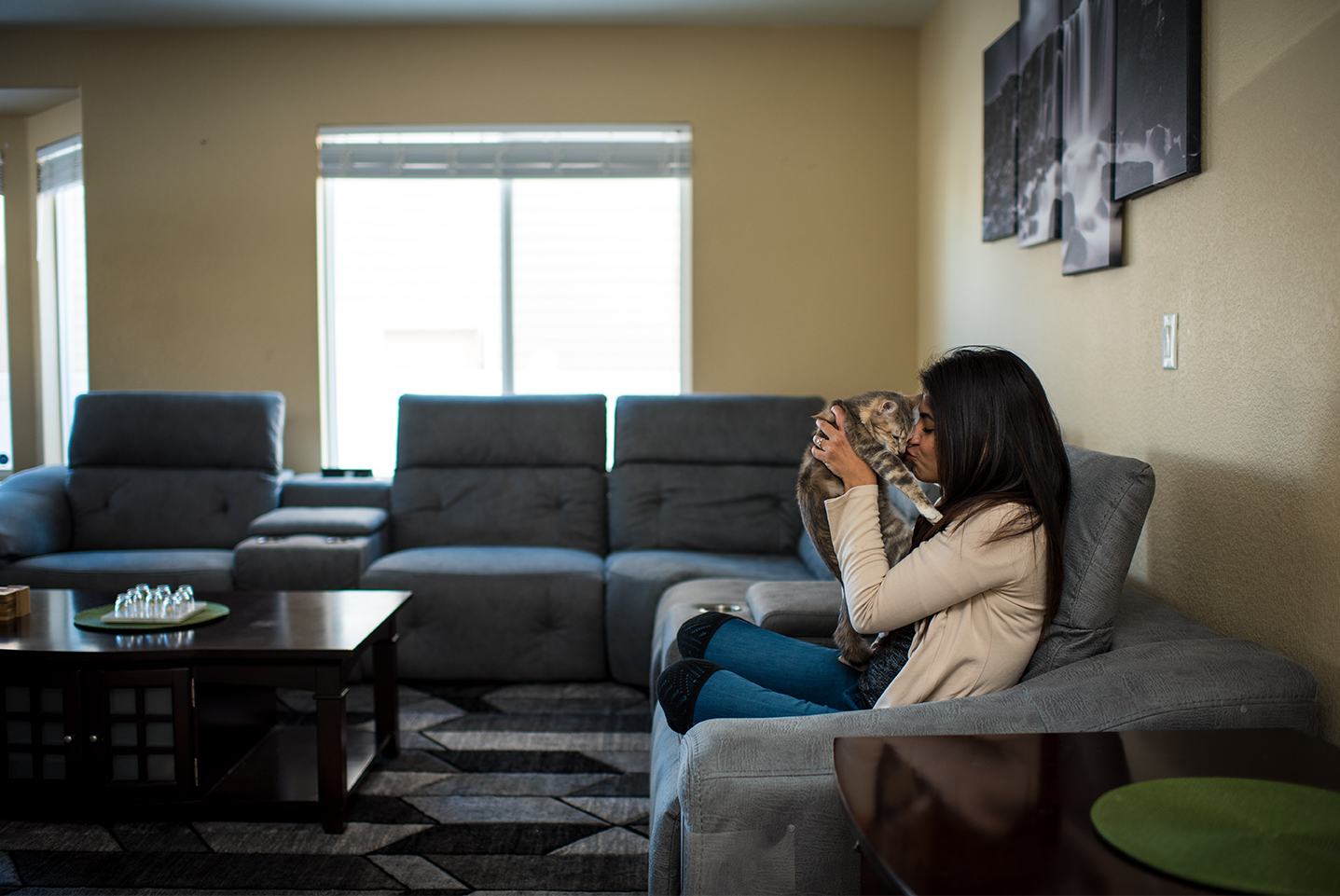
“As the years have gone by I start feeling more tired, and exhausted, and maybe like I’m sharing too much of myself. But I also know there’s a great power in storytelling.”
On the cusp of utter frustration and dejection, they found new life in speaking their truth — publicly — by telling their families’ stories.
For over a decade now, these leaders have used their personal lives to change public opinion and policy. And their relationship to storytelling has profoundly shaped who they are as human beings.
